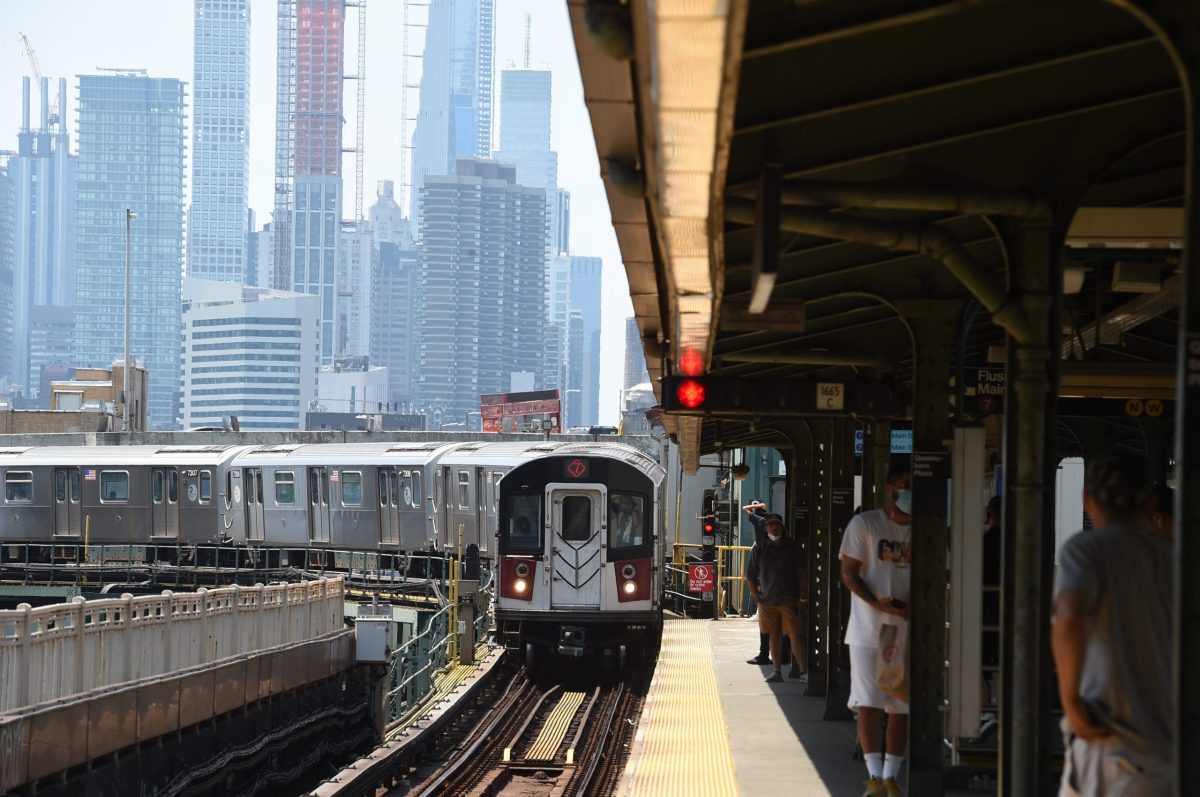The MTA’s financial troubles during the COVID-19 pandemic are even worse than the authority projected, according to the city’s Independent Budget Office (IBO).
The IBO reported Wednesday that the authority, which keeps the city’s subways and buses running, stands to take a massive financial hit from a projected drop in tax revenue from the city. It’s expected that the MTA will receive $5.7 billion in tax revenue in 2021, which is 25% ($1.4 billion) lower than what the MTA projected in February 2020.
More than a third of the MTA’s income (36.5%) comes from dedicated taxes, making it the second-highest source of revenue next to fares from subway and bus riders (38.7%). The taxes include an array of levies such as property transfer taxes collected during real estate sale closings, surcharges for for-hire vehicles and fees on internet sales.
The MTA took the first blows in March and April, as the COVID-19 pandemic rocked the city, forcing shutdown orders that closed businesses and kept most New Yorkers at home. Ridership plummeted by 90% on the subways and buses — and the MTA lost billions of dollars in fares.
Even so, the MTA kept running for the sake of essential workers so they could report to work and keep the city running. It also expanded cleaning and disinfection, shutting the subways down on overnights for the first time in its history as part of the effort. But that only added to the authority’s operating costs.
On June 24, MTA Chair & CEO Pat Foye compared the authority’s financial situation to a “four-alarm fire.” The authority previously received billions of dollars in emergency federal funding, but MTA officials said billions more are needed from Washington, DC to rescue the MTA and prevent serious repercussions such as fare hikes, service cuts and layoffs.
Compounding the problem for the MTA, according to the IBO report, will be the economic crisis gripping all of New York during the pandemic.
Job losses mean a drop in payroll taxes that supplement the MTA. Fewer real estate sales also mean a reduction in dedicated mortgage and transfer taxes from which the MTA benefits. A drop in passengers for cab and ride-sharing trips will also mean a decrease in revenue from the for-hire vehicle surcharge.
“Even before the COVID-19 pandemic, the Metropolitan Transportation Authority faced major fiscal hurdles,” according to the IBO report, prepared by Alan Treffeisen. “With ridership and dedicated taxes expected to remain depressed for some time, those hurdles will be multiplied.”
As for a potential solution to the MTA’s financial troubles, the IBO report offered very little help.
When the MTA faced previous fiscal turmoil in years passed, the city and state supplemented that through new revenue sources, including creating new taxes. But the IBO believes that’s not possible now, because of the widespread fiscal suffering in New York.
“Given the recession, however, implementing new taxes and fees is unlikely to be a feasible way of stabilizing the MTA’s finances and calls for the city to provide more direct aid to cover the MTA’s operating expenses are likely to increase,” the report noted. “This would present a formidable challenge to the city,” which is already obligated to fund the Access-a-Ride paratransit program and the now-suspended MTA Five-Year Capital Plan.
amNewYork Metro reached out to the MTA for comment, and is awaiting a response.



































